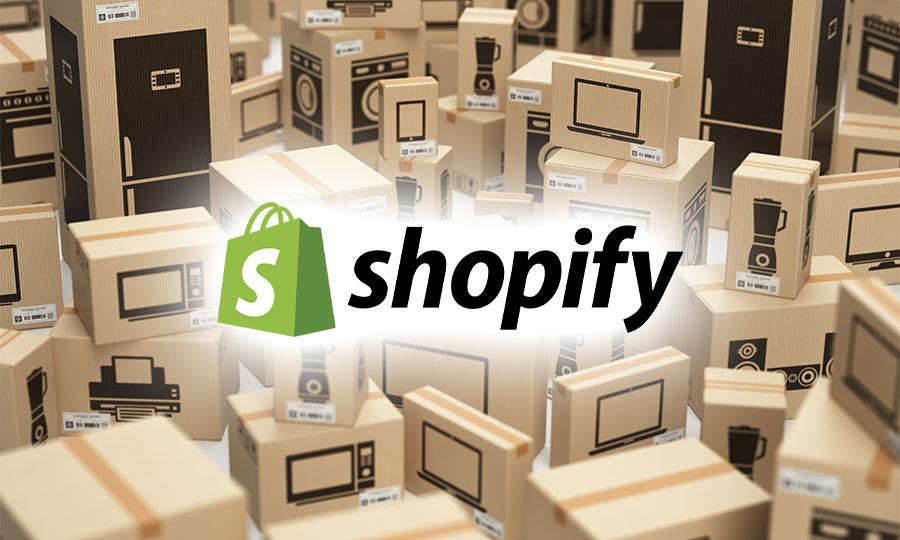3 Ways Ignoring Automation is Costing You Leads
We live in a fast-paced world, where it takes just a few seconds for someone to disregard marketing efforts that don't appear relevant to them. Your audience's decreasing attention span makes it that much more difficult for your message to break the barrier.

What is marketing automation?
According to HubSpot, marketing automation is" the software that exists to automate marketing actions." Automation allows a company to produce highly personalized, valuable content that converts prospects to customers (and keeps customers delighted), all intending to save time and effort. Whether it's social media, blogs, email blasts, or paid ads, incorporating marketing automation into a strategy makes repetitive tasks more straightforward and quicker.
How do you know if it's time to invest in marketing automation?
- Your business is generating a steady flow of qualified leads, but your sales team is overwhelmed with the number of leads being passed along to them
- You have an efficient content strategy that you've mapped to your buyer's journey
- You're tracking your leads across every touchpoint and marketing channel
- You have a proven lead nurturing strategy that you want to scale
Gartner Research found that companies that automate lead management see a 10% or greater increase in revenue in 6-9 months. So, don't wait any longer to get started with automation! We are sharing four tools that have proven to bring results while saving you time and effort (no magical wand needed).
1. You're not taking advantage of a CRM
If growing is a goal that you have for your business, it is crucial to have a sufficient database to store your contacts. However, a spreadsheet doesn't cut it anymore.
A CRM (Customer Relationship Manager) is an easy-to-use sales application that arms your team with the information and the tools needed for today's sales process. If you're having trouble keeping up with your lead flow, have unorganized customer data, or are lacking customer service, a CRM is a necessity.
Despite its first word being "customer," CRMs are useful at every stage of the buyer's journey. Users can keep track of every interaction with leads and stay in touch with them to optimize conversion rates.
Small business owners usually have access to customer information, but no way to filter any of it into usable data. A CRM allows you to maximize your customer lifetime value by moving clients from purely transactional and project-based to long-term, valuable relationships.
How do you manage your most vital customer relationships? Are you ensuring that no leads have fallen through the cracks of an unorganized system? Even after organizing your customer lists, building a database of email addresses is only useful if you know what to do with the information.
The first goal with utilizing customer information is to gain as much detailed insight into their behaviors and actions as possible. By compiling this data, you'll be able to answer questions about when, where, and how your prospects engage with your content.
Today's buyer demands personalized information and wants to receive that information at the place and time they choose. It becomes difficult to organize your marketing efforts and identify where someone is in the buyer's journey without proper organization. By using a CRM to automate your personalized content, your team will be able to drive up sales with increased conversion rates.
2. Your contact forms aren't part of a workflow
Online forms are the most efficient way to collect user information, but are you taking full advantage of what they offer?
We already know that visitors are willing to give their information in exchange for information, a product, or service. For example, social media followers will choose to share a post if they know they have a chance to win a prize they want. Another example is when users provide their phone number to a company so that they can get called back to schedule a service.
But what happens after that initial contact? Ideally, any form that you create should be part of a larger workflow. A workflow is a way to automate your sales and marketing efforts as well as your internal processes. The goal of a workflow is to nurture your leads; it's that simple!
An example would be creating a workflow that triggers an email to be sent to a prospect once they fill out a specific form on your site. These triggers can all be scheduled out and organized ahead of time by using automation software like HubSpot.
To be successful with workflows, you'll have to develop a clear understanding of what goal you're trying to accomplish. What do you want prospects or leads to do, and what content will help them get there? Workflows can help you build stronger relationships with contacts that reach out to you, nurturing them through their entire lifecycle.
3. Your email blasts are cookie-cutter
As stated before, it's essential to add personalization throughout targeted content that a prospect or customer sees. If your message in email blasts comes off as being generic or not relevant to the reader, it will end up in their trash folder.
Personalized emails deliver 6x higher transaction rates. The growing desire for personalization is why having the proper tools to create consistent, engaging messaging is vital! Including personalization, such as a customer's name, into an email makes the messaging seem like it was written directly for them (rather than being sent out as a mass email.)
Customizing your messaging in email blasts will help you reach the right audience at the right time, meet their needs, and offer them solutions that they actually want. With the help of Hubspot, you and your team can establish more successful touchpoints like this that continue along the entire customer lifecycle.
Conclusion
No matter what industry you're in, chances are you rely on actively acquiring and maintaining relationships with your customers. Before marketing automation tools like HubSpot were available, these relationship-building tasks were time-consuming.
Now there's a more efficient way to schedule out personalized email blasts, create ads tailored for specific targets, gather contact information, and much more. Marketing automation allows companies to market more effectively on multiple channels online and automate repetitive tasks.
For more information on how your business can become more efficient with marketing automation, contact us for a free consultation with our team!







